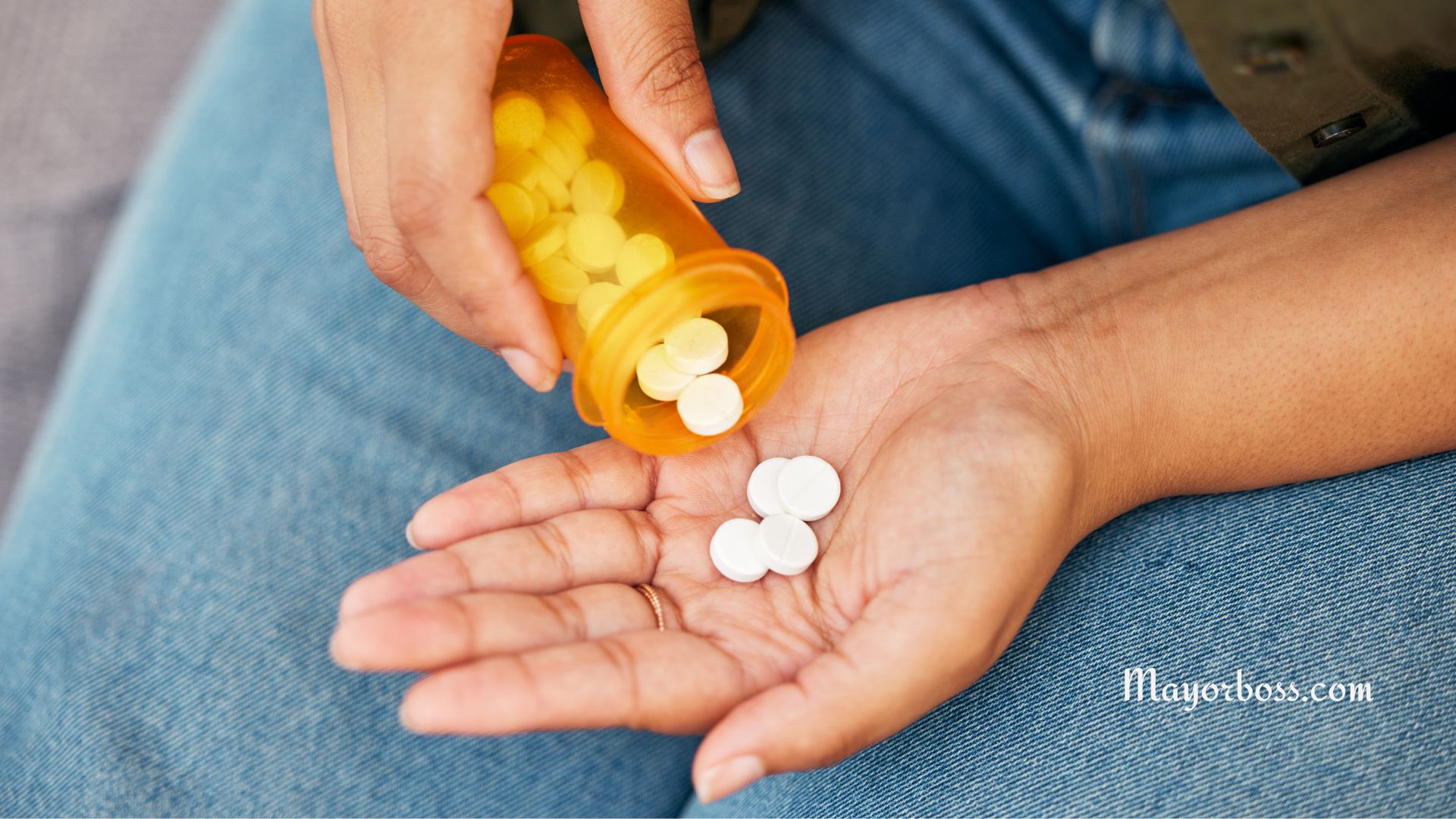Aspirin
Aspirin is a well-known medication that belongs to the group of nonsteroidal anti-inflammatory drugs (NSAIDs). It is commonly used to alleviate pain, reduce fever, and in some cases, prevent heart-related issues such as heart attacks and strokes. As a widely available over-the-counter drug, aspirin is used by many people for various medical purposes. Still, it must be taken with care and in accordance with medical guidelines.
What is Aspirin?
Aspirin, scientifically known as acetylsalicylic acid, has been in use for over a century. At its core, aspirin is a non-steroidal anti-inflammatory drug (NSAID). You might have come across this term on other pain relievers or fever reducers. This means it not only eases pain but also reduces inflammation and fever.
Types of Aspirin
Aspirin can be found in various forms, making it accessible and convenient for different needs:
- Tablets or caplets: Standard form for adults, available in different dosages.
- Chewable tablets: Often used for children or those who have difficulty swallowing pills.
- Enteric-coated tablets: Designed to be gentle on the stomach.
- Suppositories: An alternative form for those who can’t take oral medications.
- Combination products: Aspirin may be combined with other ingredients, such as caffeine or other pain relievers, in certain products.
Why Might You Take Aspirin?
1. Pain Relief
A primary reason you might reach for that bottle of aspirin is pain. When you experience pain, whether it’s from a headache, migraines, muscle aches, period pain, back pain, or toothache, aspirin can be your go-to solution. The medication works by inhibiting enzymes in your body that produce pain-causing substances.
2. Fever Reduction
Running a fever? Aspirin can help lower your body temperature. Always ensure you’re taking the recommended dosage, and be sure to consult with a healthcare professional if the fever persists.
3. Potential Heart Benefits
Some doctors recommend low-dose aspirin (usually 75mg) for certain individuals at risk of heart disease. The medicine can prevent blood clots, which might lead to heart attacks or strokes. However, this doesn’t mean you should start an aspirin regimen without consulting your doctor. It’s crucial to assess the risks and benefits based on your unique health profile.

Who Can Take Aspirin
Aspirin is generally safe for most adults, but it’s essential to follow the guidelines or consult with a healthcare professional, especially if you:
- Have a history of stomach ulcers or bleeding problems.
- Are pregnant or breastfeeding.
- Have asthma or allergies to NSAIDs.
- Are taking other medications that might interact with aspirin.
Children and teenagers should avoid aspirin, especially during viral illnesses, due to the risk of Reye’s syndrome, a rare but serious condition.
How to Take Aspirin
Always follow the instructions on the label or those given by a healthcare provider when taking aspirin:
- Adults typically take one or two 325 mg tablets every 4 to 6 hours, not exceeding 4g in 24 hours.
- Chewable tablets must be chewed before swallowing.
- Enteric-coated tablets should be swallowed whole, not crushed or chewed.
- If taking aspirin for heart health, follow your doctor’s specific instructions, as the dosage may be lower.
Avoid drinking alcohol while taking aspirin, as it may increase the risk of stomach bleeding.
Taking Aspirin with Other Medicines, Food, and Alcohol
Interaction with certain medications or substances can affect how aspirin works or increase the risk of side effects:
- Other NSAIDs or blood thinners.
- Certain antacids or ulcer medications.
- Alcohol, which can exacerbate stomach issues.
Always consult with a pharmacist or healthcare provider if you’re unsure about interactions.
Side Effects of Aspirin
Though rare, side effects of aspirin may include:
- Stomach upset or ulcers.
- Bleeding problems.
- Allergic reactions.
- Liver or kidney issues.
Seek medical attention if you experience any severe or unusual side effects.
Overdoses of Aspirin
An overdose of aspirin can be life-threatening. Symptoms might include:
Immediate medical attention is necessary if you suspect an overdose. Bring the medication container and any remaining pills with you to the emergency room.






